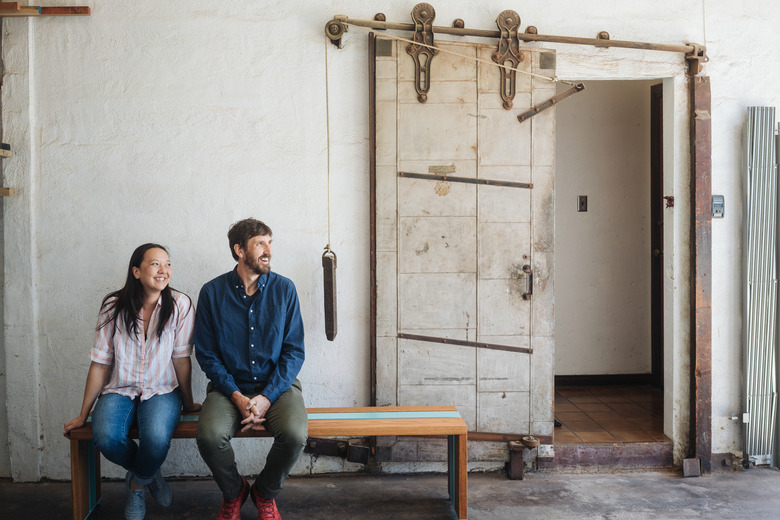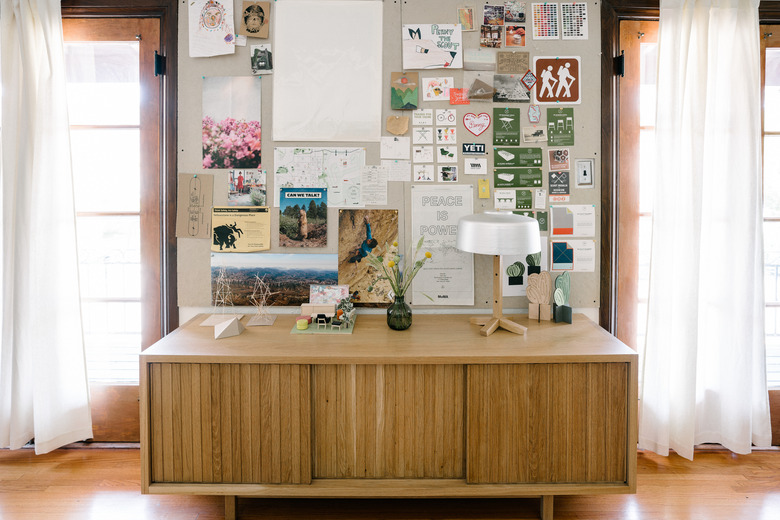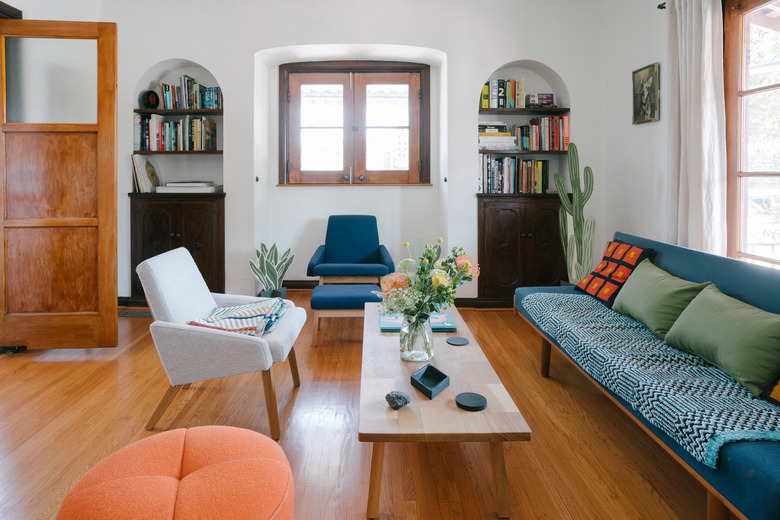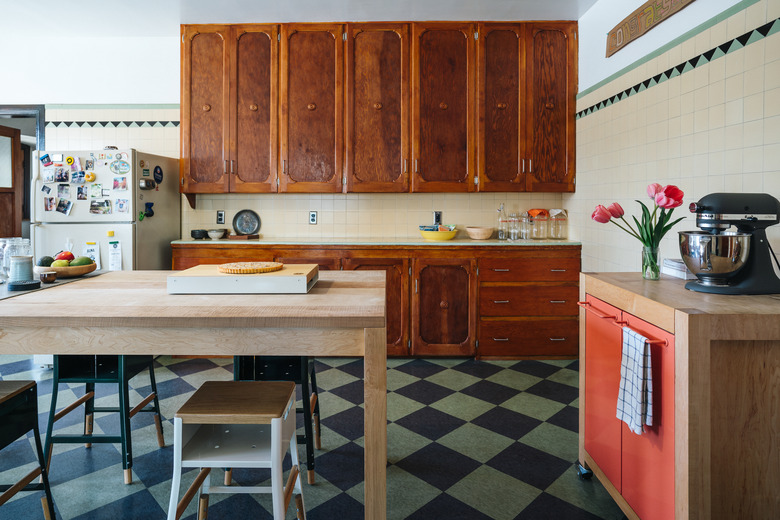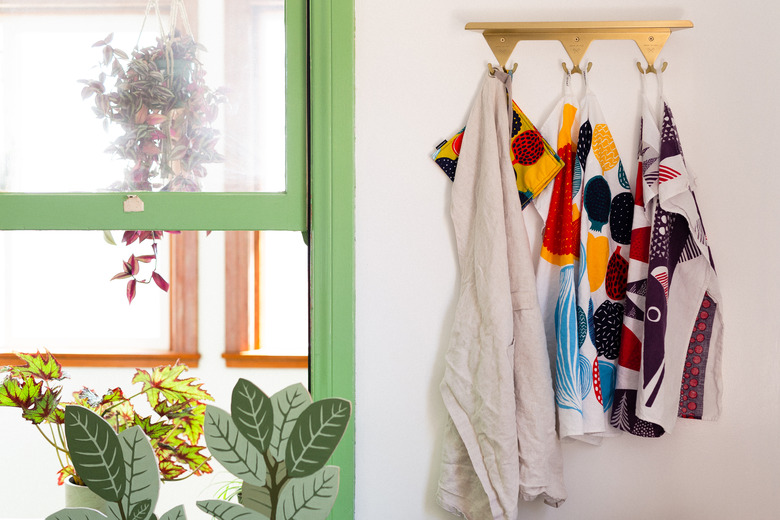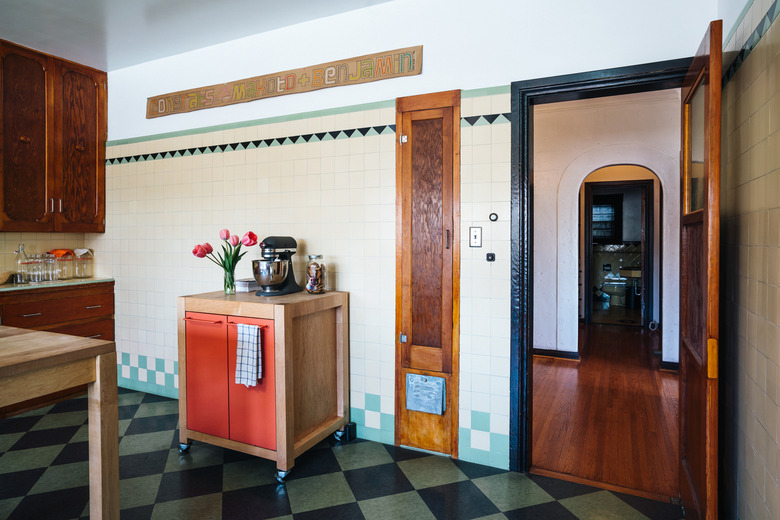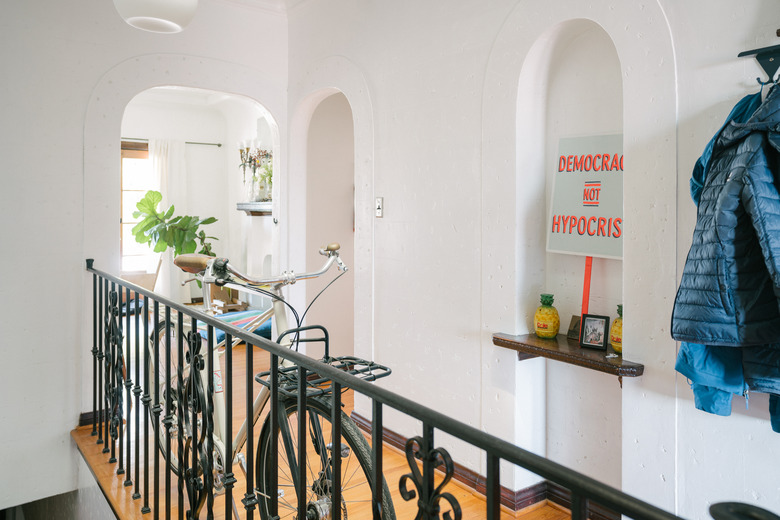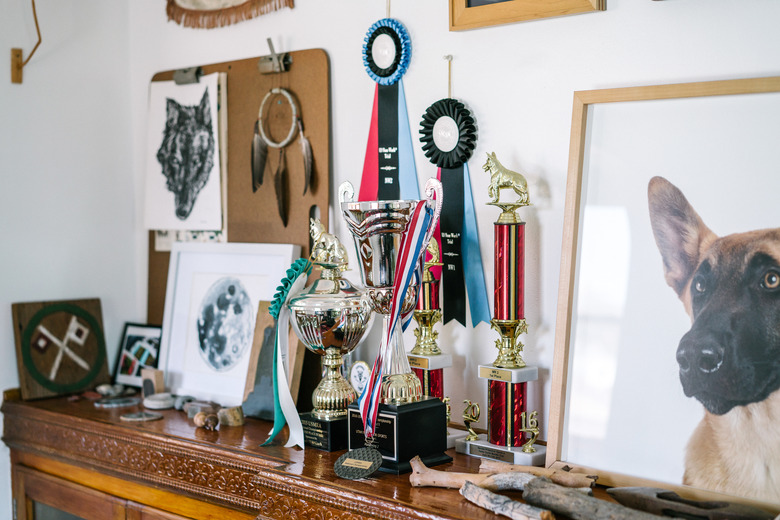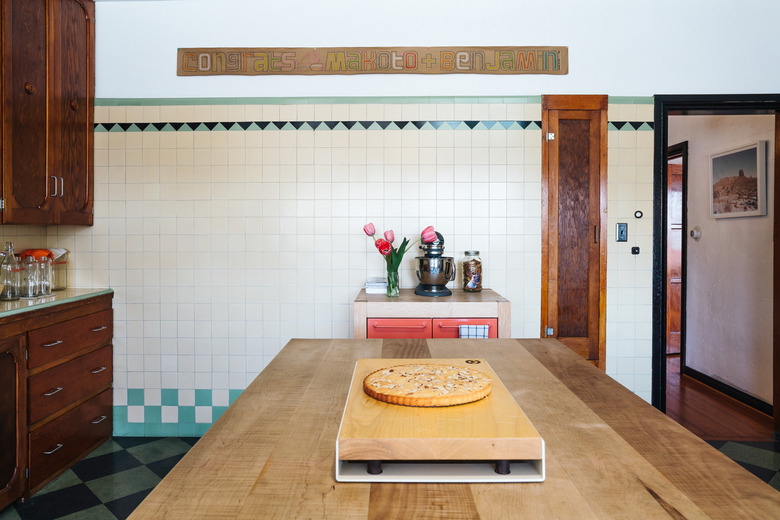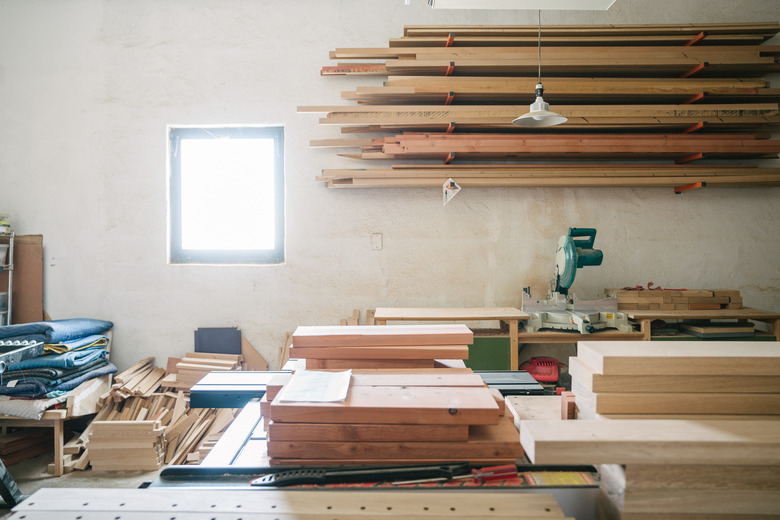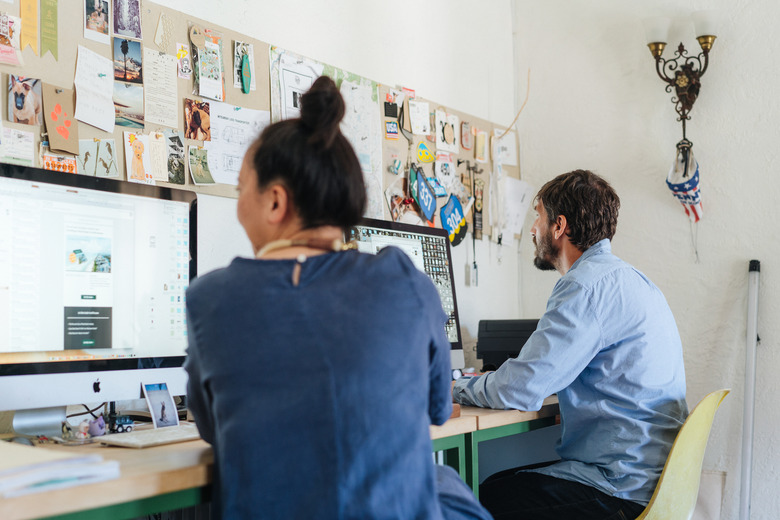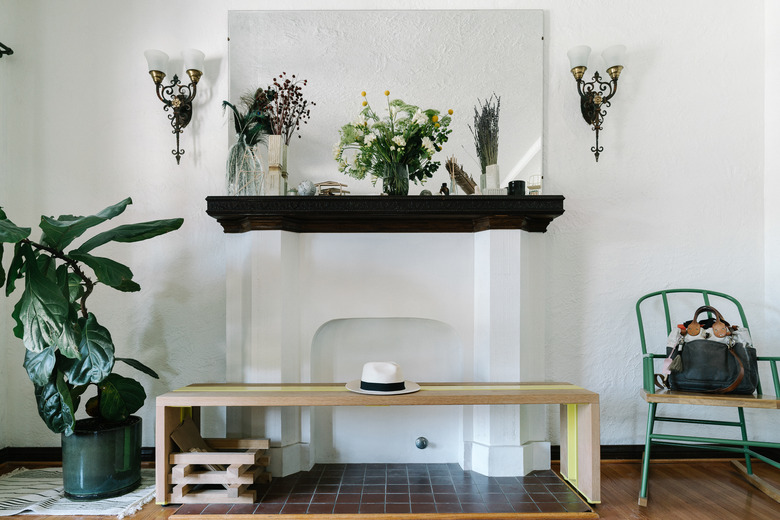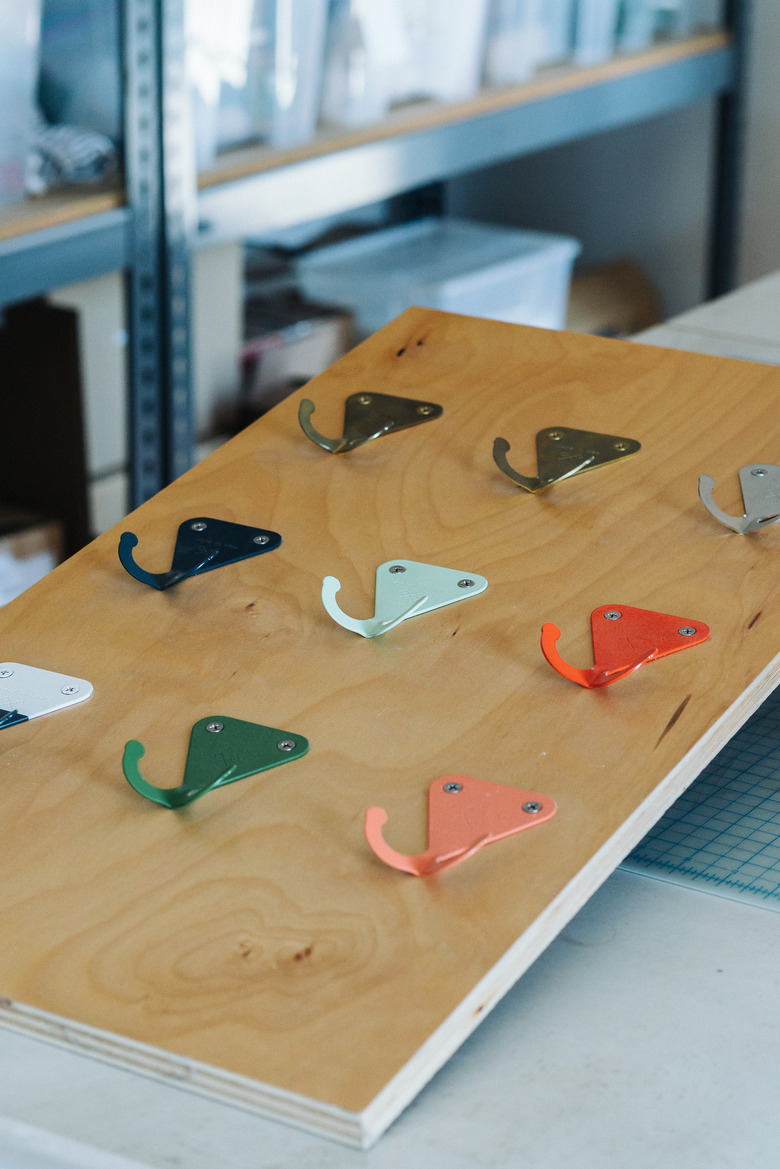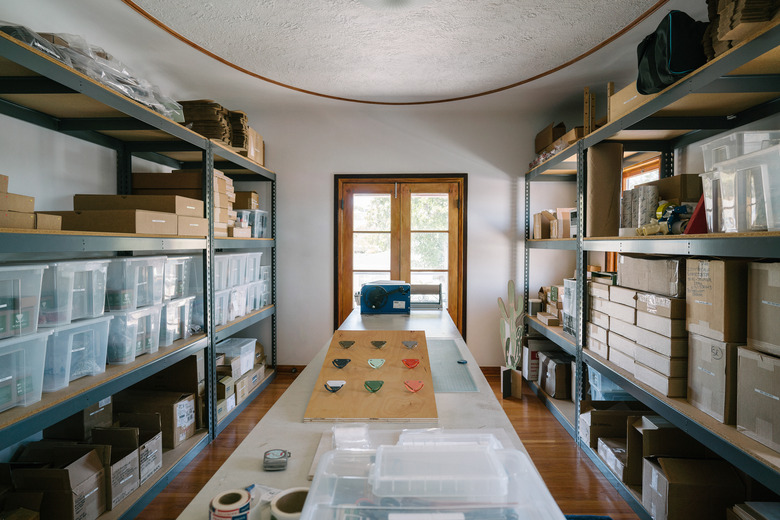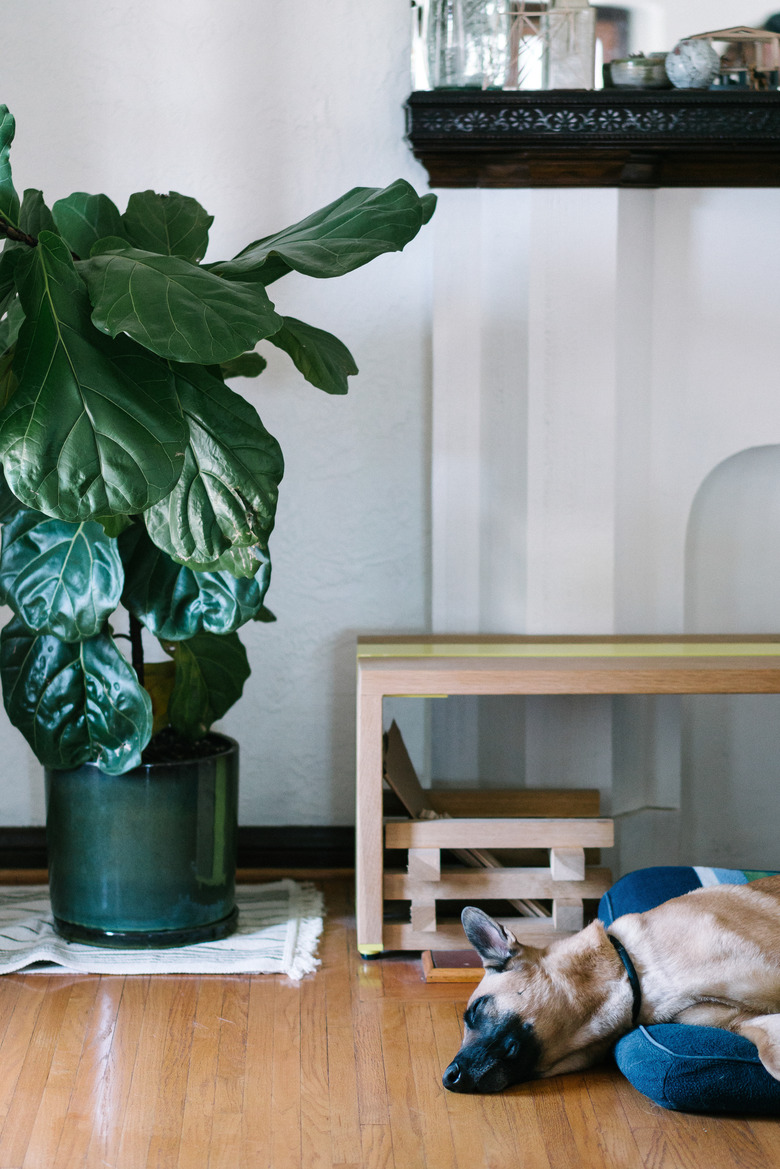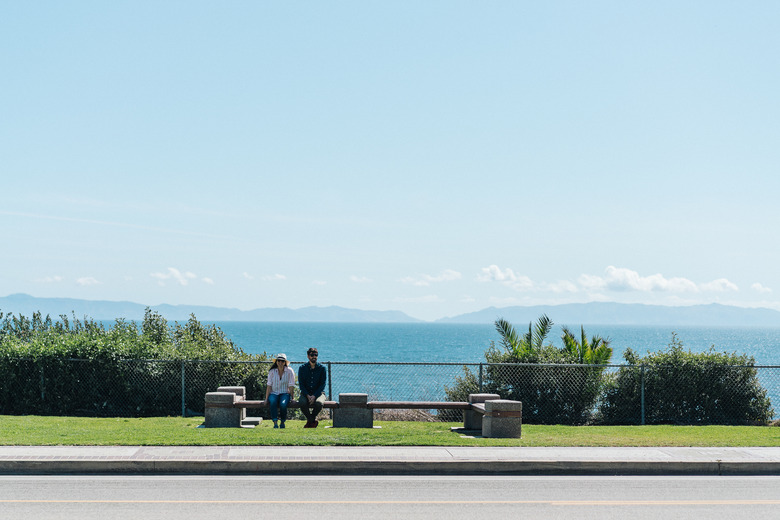Hunker Uncover: A Visit With Scout Regalia
2008 was quite a year. Barack Obama had just been elected. The economy was in an historic tailspin, taking with it small businesses across all sectors. And Makoto Mizutani and Benjamin Luddy, two graduates of SCI-Arc in Los Angeles, found themselves at a crossroads with their architecture and design business.
"We started with doing a lot of interiors and spaces and 'Architecture' with a capital A," says Mizutani. "But then those projects quickly went away."
They had to reinvent themselves.
Without the kind of commissions that keep design firms afloat, Mizutani and Luddy decided to make something for themselves — literally. They designed a simple, low planting table for their bonsais, which they then marketed as a "cutsheet" — meaning the design itself was published as a DIY. Anyone handy enough with set of tools could make it. It was — and is — a generous design sensibility, and one that resonated with the burgeoning maker culture at the time.
"One of the things that we were really interested in was trying to educate people about the design process," explains Mizutani. "Or just encouraging people to use their hands and kind of be part of the process."
Then and there, their multitasking design practice, Scout Regalia, was born. From the planting table, the line quickly expanded. There's now another cutsheet for a modern fence, and more substantial products and furnishings that reflect their love for the utilitarian and the outdoors — a modern picnic table and bench set, a lean-to tent, canvas saddles bags for bikes (which also double as seating), garden boxes, brightly colored industrial hooks, and, most recently, a collection of midcentury-inspired furniture, their first set of upholstered pieces.
"Durable goods for everyday life. That's kind of our slogan," says Mizutani. Everything is made in the United States, as is proclaimed prominently on their logo. And most items, in fact, are made locally, in partnerships with local fabricators, in the heart of Los Angeles.
"Durable goods for everyday life. That's kind of our slogan." — Makoto Mizutani
Scout Regalia — which, appropriately, translates to "humble ornament" — began out of Mizutani and Luddy's Echo Park home. (In fact, their first major design, a picnic table, was scaled just-so, in order to be fabricated in their back yard.) They expanded to an office in nearby Glassell Park, and, a year and a half ago, moved to one centralized live-work space in San Pedro.
"This space seems really special to us," Mizutani shares. It was the former San Pedro Motor Bus Company, a family-owned business — which explains the building's unique blend of homey and industrial. It's a fire house-size building, painted a brilliant blue, with ample, varied space inside. "We have our office. We have a library. We have a huge kitchen that is bigger than our old apartment in New York," says Mizutani.
"This space really feels like a living narrative of Scout Regalia, and everything we do, and what we're interested in." — Makoto Mizutani
Inside, the old bus garages are perfect for fabrication and prototyping, which they do, constantly. "It's really important for us to kind of have that hands-on prototyping process," Mizutani tells us. "I would say that our manufacturing process always begins with us kind of figuring out the details."
Their prototypes also fill the ample living area — ranger stools beneath the kitchen table, next to the Lodge credenza, their 2-D flat plants and Lodge chairs in the library — both contrasting with and complementing the design quirks of the space, with its 1920s-era arches, wrought iron banister, and retro tile. Taken as a whole, it's a meditation on blending work and life, embracing the old while creating the new, and developing furniture and products that fit both.
"This space really feels like a living narrative of Scout Regalia, and everything we do, and what we're interested in," Mizutani shares. But it's also what's outside the office that really drives their inspiration. "California is an incredible incubator for creativity," Mizutani tells us. "We're two hours away from the beach, the desert, the snow. And we take advantage of all of that ... we make it a point to be out there seeing the world, going on adventures, just making sure that we're not just designing in front of our computers all day long," says Mizutani.
"California is an incredible incubator for creativity. We're two hours away from the beach, the desert, the snow. And we take advantage of all of that." — Makoto Mizutani
Now, at the 10-year anniversary of Scout Regalia, Mizutani and Luddy are both looking back and looking forward, as one does at such key inflection points. "When we started in 2008, 10 years out seemed like forever, but we've made it," says Mizutani. She points out a thank you letter from President Barack Obama, which hangs in the office. "In a lot of ways, I feel like the whole [Obama] administration and our growth as a company, really came hand-in-hand," she says. Inspired by the way President Obama advocated for small business, and products made in the U.S., Mizutani sent him and Michelle Obama a Scout Regalia wall rack, with a note thanking him for his work, wishing him well, and hoping that, whatever was next for him, he could use the rack to hang their dog Bo's leash.
And now, they are on to their next chapter, and the horizon is broad, clear, and open. Says Luddy, they are exploring more materials, more processes, different scales, and different objects. The process, as it was in the very beginning, is a fairly organic pursuit of whatever interests them. "Scout Regalia isn't tied to one material or one aesthetic even," adds Mizutani. "It's going to be really exciting to see where our design process takes us."
1. Credits
Words: Laura Lambert
Images: Jon Chu
